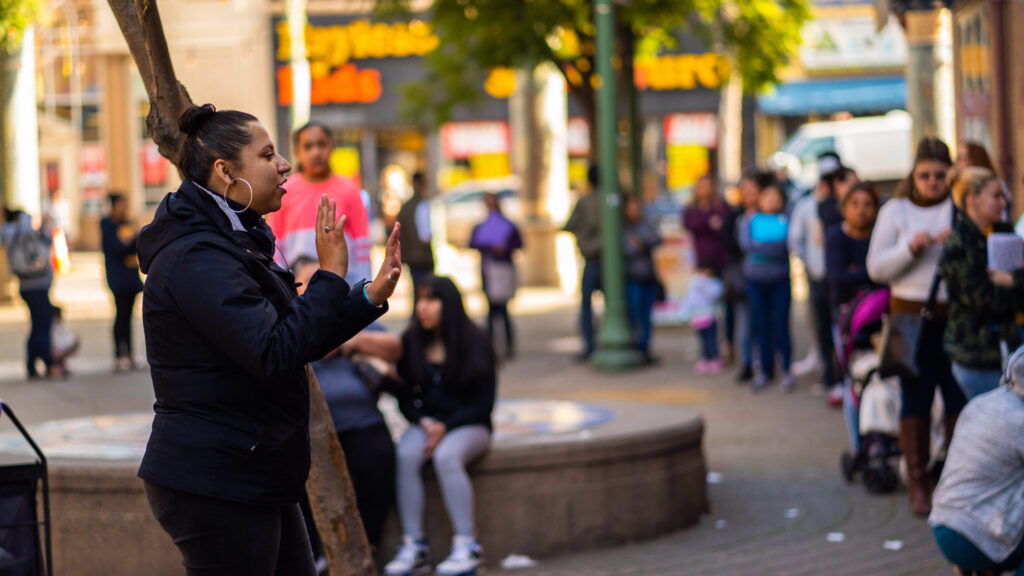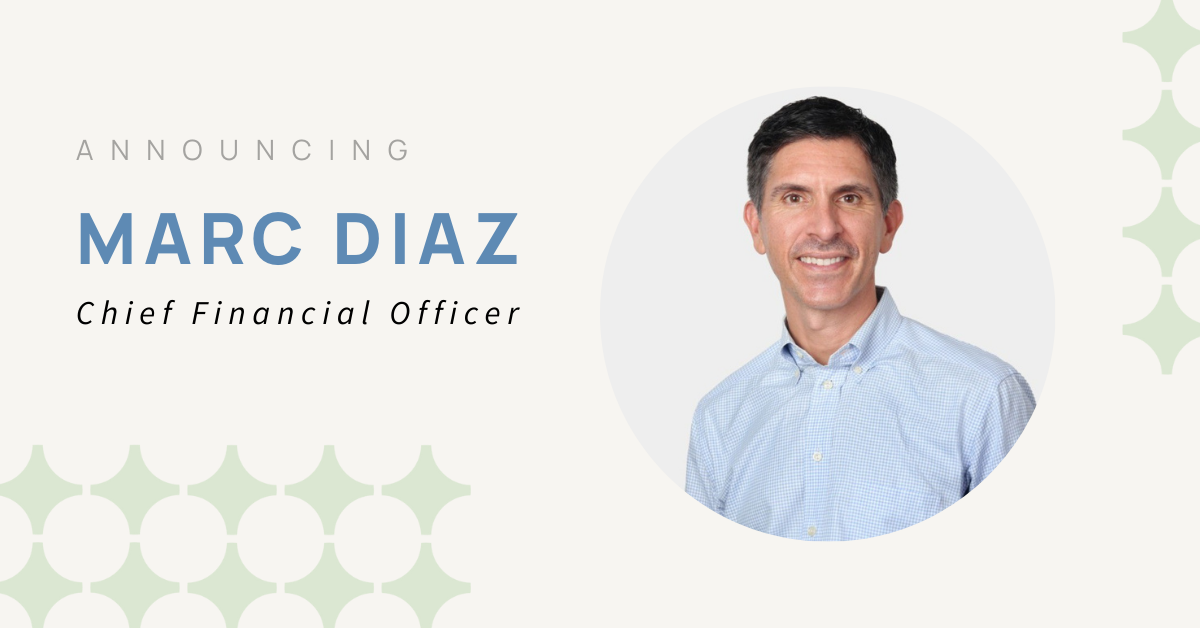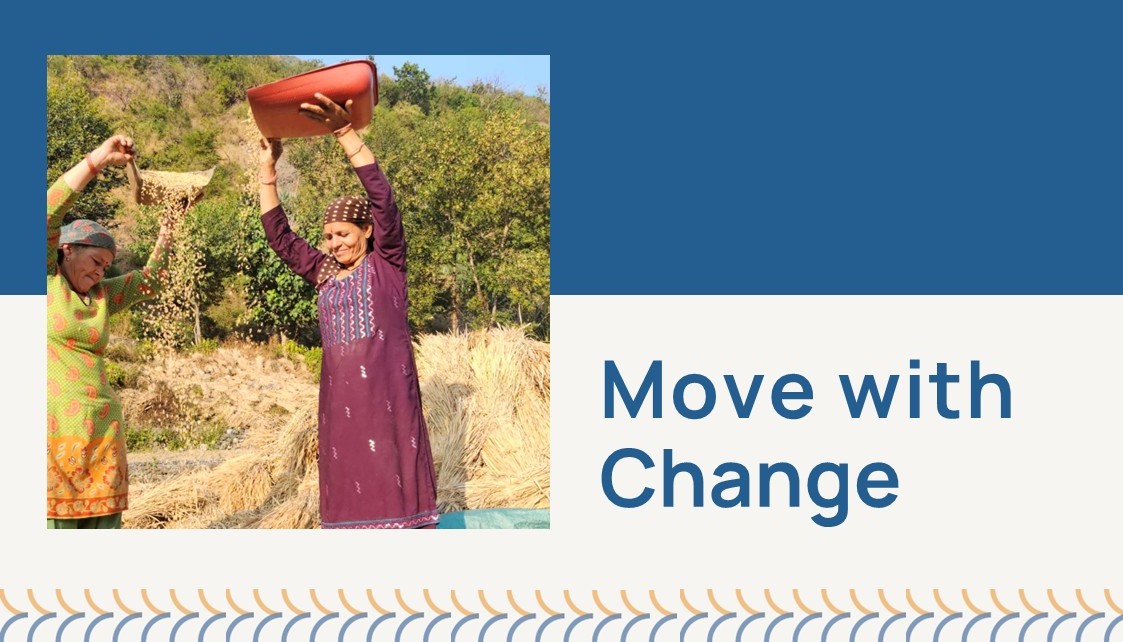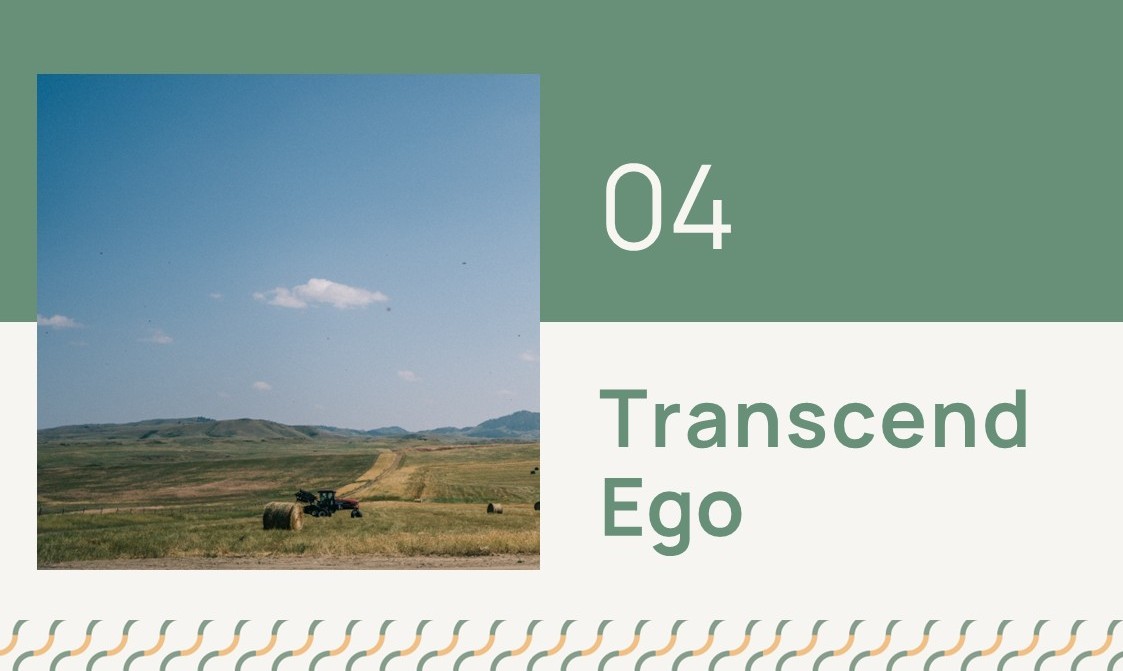RSF Social Finance aims to transform the way we work with money. By “we” I mean everyone from entrepreneurs to investors, grantees to donors, borrowers to lenders, and community members like you and me. This transformation includes upending traditional philanthropic models, where a large portion of the financial and decision-making power is often concentrated at the donor level. By moving control of grant funds from donors to organizations, trust, accountability, reciprocity, and relationships are created in a new way. Through participatory grantmaking models, like Shared Gifting Circles, participants explore the question, “What would giving feel like if it were based in collaboration, trust, transparency, and community wisdom?” There are no directed outcomes or objectives for how the recipients use the money; participants of Shared Gifting Circles use their collective wisdom to determine the best use of the funds. It also frees the recipients to create mutually beneficial collaborations not likely in typical competitive models. The overarching intention is to have the community decide how community wealth is distributed.
Fortunately, nonprofit leaders are not the only people that can take part in a Shared Gifting Circle. I recently participated in a Shared Gifting Circle with fellow RSF staff. There were six of us in total, all from different departments across RSF. The participants represented our Legal Team, our Lending Team (both Business Development and Credit), our Philanthropic Services Team, and our Client Engagement Team. From the onset, I was excited to participate and hear from this breadth of voices and experiences-not just because we were of different ages, genders, geographies, backgrounds, and ethnicities, but also because we all work with and talk about money in different ways.
In a typical Shared Gifting Circle, participants represent and speak on behalf of their own organizations. Since we all work at RSF, we were asked to select a nonprofit organization to represent in the Circle. This was a challenge for many of us, as countless organizations are doing great work throughout the U.S. and can greatly benefit from additional funding.
I appreciated the different approaches that each of us took when selecting our respective organizations. Some organizations were chosen because of the participant’s direct familiarity, whether through volunteering, or attending an event or program. Others were chosen for nearly the opposite reason, with the thought that if the participant did not have the time to contribute, a financial contribution is also valuable. Regardless of the reason, I came to understand that each choice arose from the participants’ personal values and the acknowledgement of the vital work being done in the community.
After selecting these organizations, each participant had the option to determine how, and if to involve the organization in the grantmaking process. While some of us chose to reach out to our respective organizations, others decided to surprise the organization with the grant. I was glad to find that the grant application was not intimidating, even though it was my first time filling one out. Over many years and multiple iterations, RSF has streamlined its Shared Gifting Circle application down to a handful of questions with the understanding that filling out lengthy grant applications can, at times, be one of the most onerous and time-consuming aspects of the grantmaking process.
Before the day of the Circle arrived, we had the opportunity to read each other’s grant applications. My colleagues presented powerful and inspiring organizations that we would later have the chance to discuss in person, including Centro Legal de la Raza, Mission Graduates, BYP100 Education Fund, Huckleberry Youth Programs, Freedom for Immigrants, and YES to the Book. These organizations were so different in terms of size, geography, age, and mission, but one thing they all had in common was their profound and far-reaching impact on their communities.

On the day of the Circle, we all gathered in an RSF conference room, described our respective organizations, had the opportunity to ask questions, and then determined how we would portion out our individual share of the fund pool. Like other Shared Gifting Circles, the donor(s) were not present during our conversations, nor were they informed about the details, emotions, and decisions that arose in the space. We were free to express ourselves, ask intentional questions about the organizations, and each other, and in the end, it seemed that another layer of trust and understanding now existed between all of us.
When it came time to make the final determination of how the funds would be allocated, we first took time alone to ponder our decisions. I have never had the opportunity to gift a sum of money of this size-it simultaneously felt like Monopoly money, and like one of the truest gifts I’ve had the pleasure of giving. When we came back together as a group, we shared our allocations, embracing the generosity of what it felt like to give freely, without any restrictions or terms, and often to organizations unfamiliar to us.
When round two began, and we had the opportunity to reallocate what our colleagues had just gifted us. If you can believe it, we were now in the process of gifting away our gifts. I imagine that this dynamic looks differently within other Circles, especially if all organizations in a Circle work in similar spaces/industries or operate in the same geographies. Our Circle’s participants chose to reallocate funds for many reasons, including their belief in the mission and catalytic nature of additional funds for the other organizations.
The learnings I gained in my participation in this Circle are too numerous to count. One of my most notable takeaways was the difference in language and emotion when discussing “gift” money versus “debt” money. As a Credit Analyst on RSF’s Lending Team, my day-to-day conversations regarding money involve topics such as structure, repayment, performance, and risk. While RSF’s lending model also takes into account mission and impact, these are only pieces of the larger puzzle. As RSF continues to develop its lending practices, I will bring my learnings from the Circle, where we centered our energy on building trust, accountability, reciprocity, and collaborative relationships.
Alex is the former senior credit associate on RSF’s lending team and assists in underwriting and managing RSF’s loan portfolio. She also sources and manages loans in RSF’s Women’s Capital Collaborative as co-manager.


